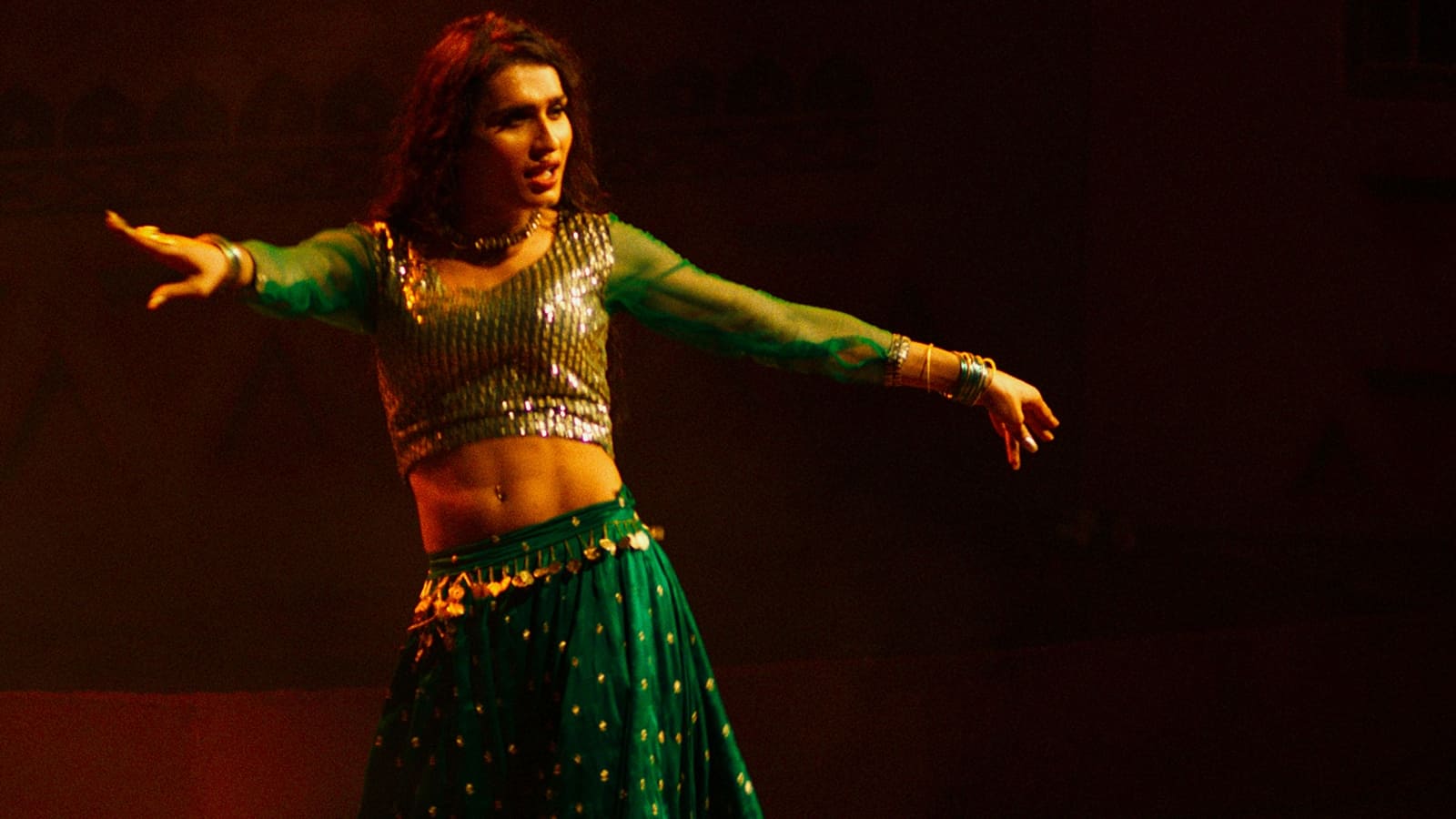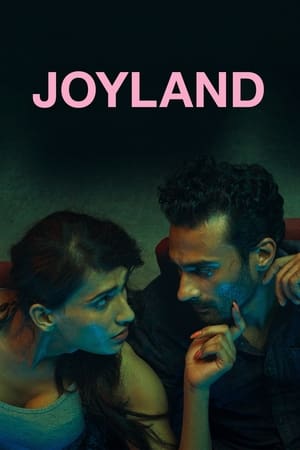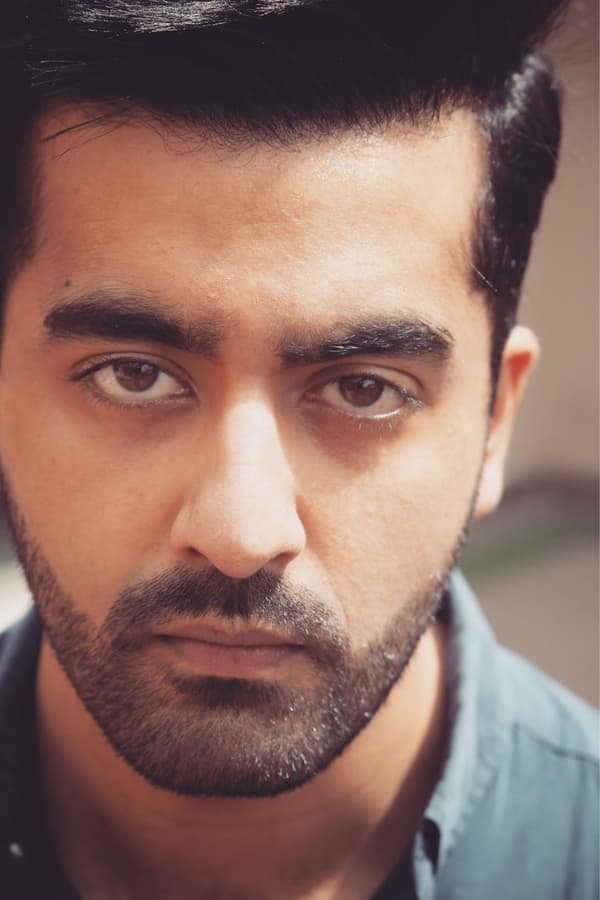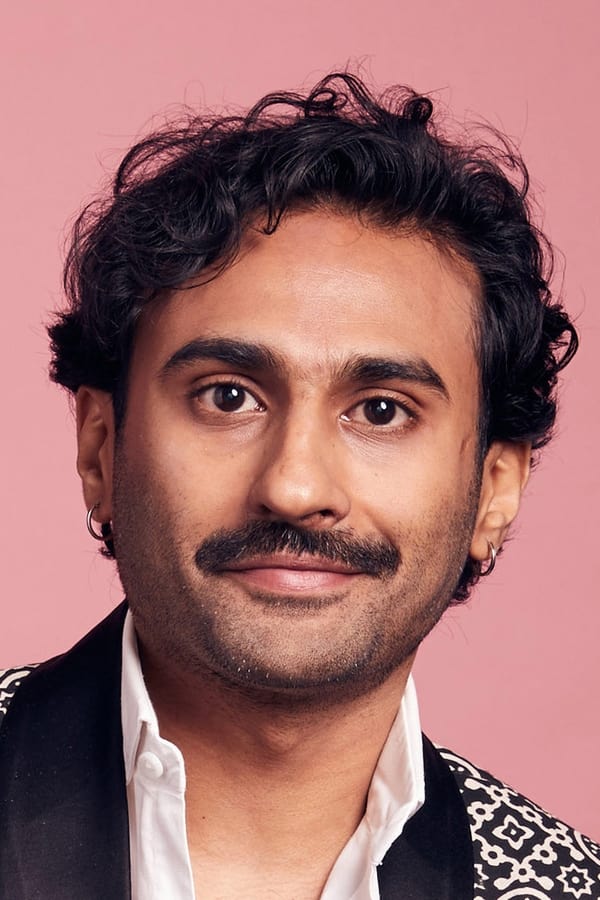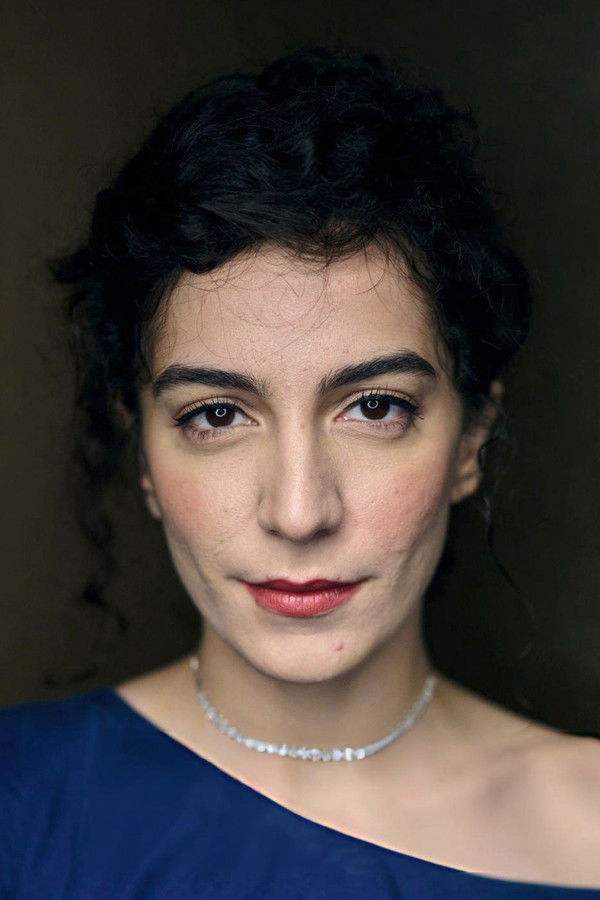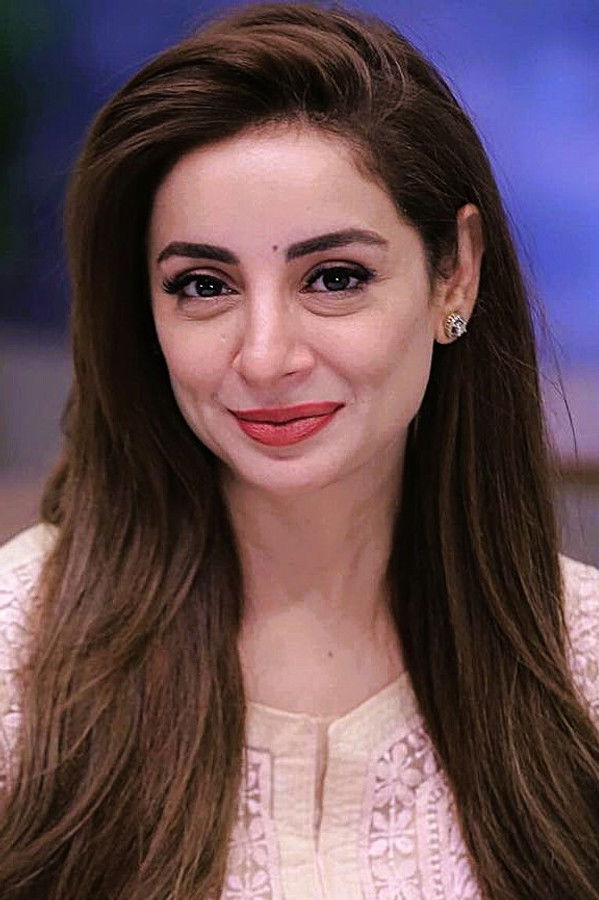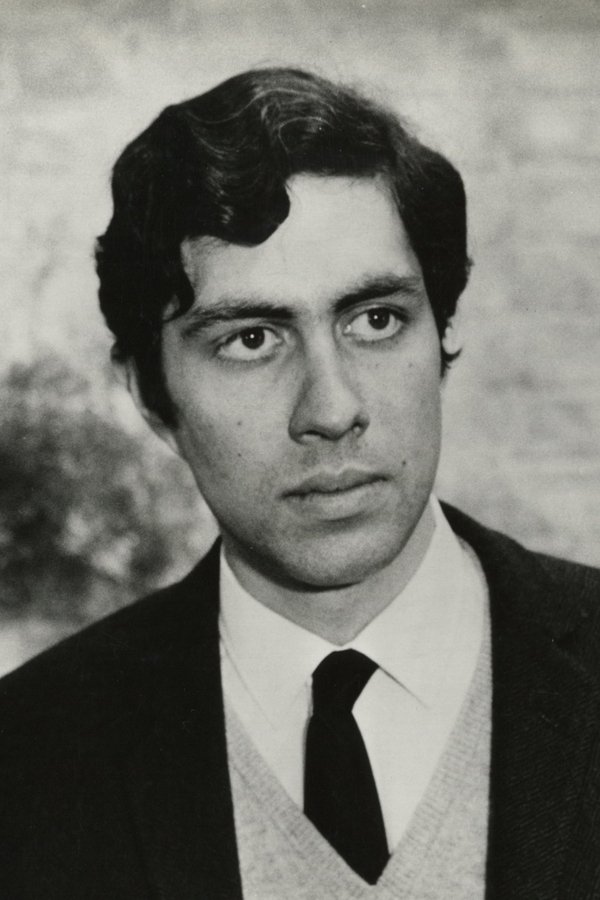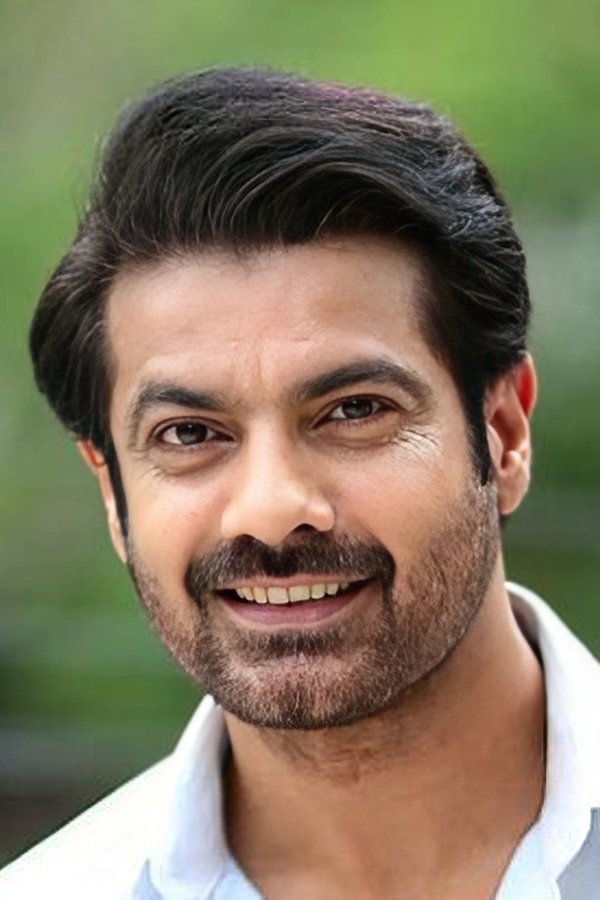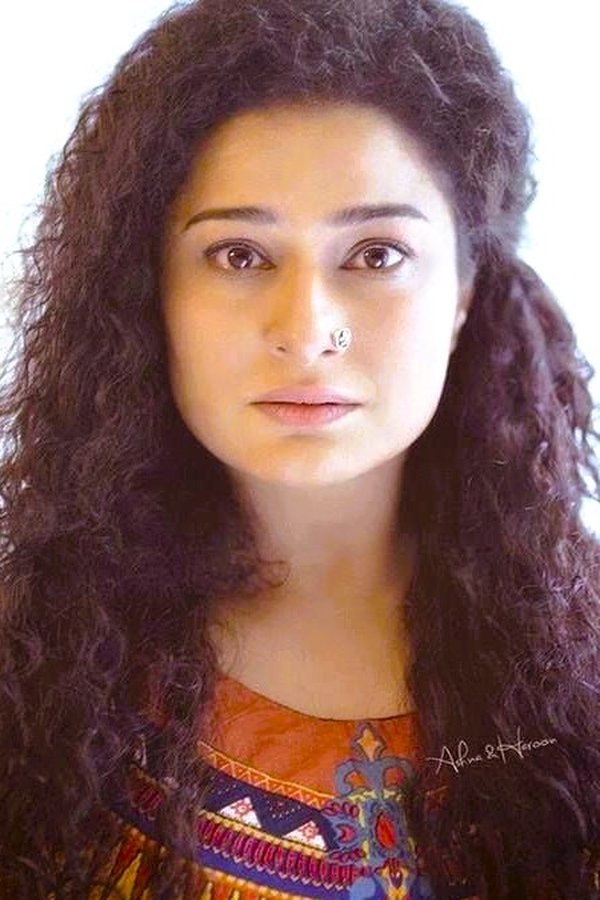Incluvie Movie Reviews
Atreyo Palit
January 6, 2023

5 / 5
INCLUVIE SCORE

5 / 5
MOVIE SCORE
KIFF 2022 Review: ‘Joyland’ Criticizes Patriarchy through Its Tender Narrative and Compassionately Humanized Characters
During the weeklong Kolkata International Film Festival, the complex of Nandan in Kolkata, India, is filled to the brim with cinema fans. From film enthusiasts, art students, media representatives, critics, and retired people, Nandan is swarming with people interested in cinema. The movies range from the most obscure Belgian queer film to the most famous film of the local heartthrob. The queue to get tickets for any show is significantly long and many people have to be turned away because seats fill up that quickly. 20 December was no exception, and Nandan's main hall, one of the largest movie theaters in the city, was filled to the brim, with people standing or sitting on the staircase even!
It was 4:30 PM and the film being screened was the first ever Pakistani Cannes Film Festival entry, filmmaker Saim Sadiq’s directorial debut, Joyland. No matter what their individual opinions about the country and its people, the audience as a whole fell silent and watched in wonder as a tender, heartfelt, and compassionate narrative about the tragic impact of patriarchy on the lives of unsuspecting and innocent ordinary people unfolded on the screen over a span of two hours. The standing ovation at the end was inevitable, but a mournful and contemplative silence had fallen over the audience. Was the ending cathartic? People were trying to make up their minds.
Joyland has been making waves in media circles ever since it was screened at the Cannes Film Festival and won the Queer Palme. It’s the first film from Pakistan to win at Cannes, and was shortlisted for the Oscars. It tells the story of the Rana family and how its members are affected by patriarchy and cisheteronormativity. The patriarch of the family, Amanullah (Salmaan Peerzada) is waiting for the birth of his first grandson. His elder son, Saleem (Sohail Sameer), is married to Nucchi (Sarwat Gilani), who has had three daughters with him and is pregnant at the start of the film. The younger son, Haider (Ali Junejo), is jobless and stays at home with Nucchi, helping with household chores and looking after his three nieces, while his wife, Mumtaz (Rasti Farooq), works at a beauty parlor doing makeup for rich clients and earning significantly. Amanullah doesn’t like the fact that Haider plays the role of a homemaker while Mumtaz is the earning member in their marriage. He doesn’t say anything explicitly, but his body language makes it clear that he believes that Haider has been emasculated. Things change when Haider gets a job as a background dancer to transgender performer Biba (Alina Khan). However, fearful of the toxic masculinity of his father, he tells the family that he is a theater manager.
The family tells Mumtaz to stop working because Haider has a job. They insists that Nucchi will have to be alone at home with the kids since Haider will be going out for work now. Mumtaz and Haider both stand up for her independence, but are silenced by the latter’s father and brother. Working with Biba is a liberating experience for Haider and he stays back with her late at night every day. Mumtaz stays at home with her sister-in-law and father-in-law, missing her job and her husband. Her mental health begins to deteriorate and their marriage becomes strained as a result. Meanwhile, tensions rise within the family because it’s revealed to them that the theater Haider manages hosts a transgender dancer. Haider spends even less time at home, but Mumtaz has something to be thankful for, as Nucchi takes initiative and bonds with her. They spend time with each other, sometimes frolicking and sometimes finding solace in confiding the struggles that the patriarchal family puts them through. Joyland takes its time exploring the various interpersonal dynamics between its characters, and instead of pointing fingers at characters who’ve been brought up to not know better, it makes a primary enemy out of the cisheteronormative patriarchal society we live in.
Even the character of Amanullah, the problematic head of the family, isn’t vilified directly by the narrative. Instead, the story treats him sympathetically: viewers are invited to feel sorry that he has been conditioned to uphold these archaic and oppressive rules which harm him too. He is close friends with Fayyaz (Sania Saeed), a widow who lives next door, but their relationship is not balanced. While she dedicatedly dotes on him, he gives her bare minimum attention because of his concern about taboos and what the neighbours will say. Through this dynamic, the film depicts why he may be at wrong for treating Mumtaz the way he does, but also that he isn’t the original culprit. It’s the societal norms which are largely at fault.
Saleem’s character arc moves in a similar direction. He loves his brother and cares about what happens to him and his marriage, but his toxic masculinity prevents him from displaying affection in a healthy way. Instead, he bullies his brother out of ‘concern’, and this effectively strains his relationship with Haider. Instead of crucifying men, Joyland, while not shying away from depicting their misdeeds, makes the nuance point that they’re victims of the patriarchy as well.
While Joyland is brutally honest in its depiction of Haider’s ostracization in the family because of his effeminate body language, his habit of not dictating what his wife can and cannot do, and his close association with a transgender woman, it doesn’t treat him like a martyr. Sadiq handles queer trauma with utmost care, ensuring he doesn’t tokenize the queer characters or become self-indulgent in their suffering, while showing the World how queers are treated in his homeland. Biba has a fierce personality and she stands up against all kinds of shaming, which doesn’t just come from outsiders, but also from her own troupe, which consists mainly of men, who are misogynist and internally transphobic to various degrees. And yet, she has her own moments of weakness, especially with Haider, when his own willingness to explore sexuality makes her cringe. Instead of making her saintly or stereotypical, Sadiq humanizes her through her flaws. The same is true for Nucchi and Mumtaz. Nucchi’s bond with Mumtaz is born of a sisterly concern on the former’s side, but she is complicit in the patriarchal mistreatment of Mumtaz. All the characters are layered, and this gives them a sense of authenticity, while adding to the lived-in feel of the world that
[read more]Pictures and Videos

Movie Information
As a patriarchal family yearns for the birth of a son to continue their family line, their youngest son secretly joins an erotic dance theatre and falls for its transgender starlet.
Rating:
Genre:Romance, Drama
Directed By:Saim Sadiq
Written By:Saim Sadiq, Maggie Briggs
In Theaters:4/21/2023
Box Office:$1,200,000
Runtime:127 minutes
Studio:all caps, Khoosat Films
Cast
Articles You May Like
Twin Peaks: Why LGBTQ Ally Depiction is Crucial
Portraying how easy it is to be an ally heavily benefits the majority audience. The more we encourage it, normalize it, and give people the tools to become one, the sooner we can co-exist peacefully.
The Critters Are Going 'Back to the Outback'
Tired of being cooped up in their cages, the critters escape the Australian zoo and try to find their way to the outback.
